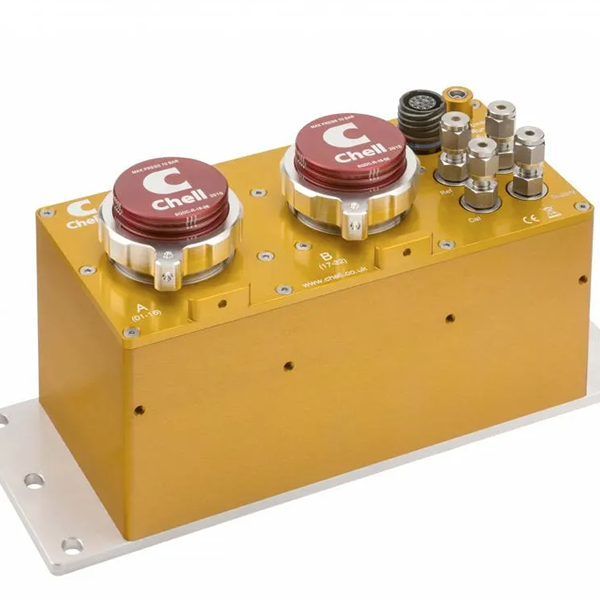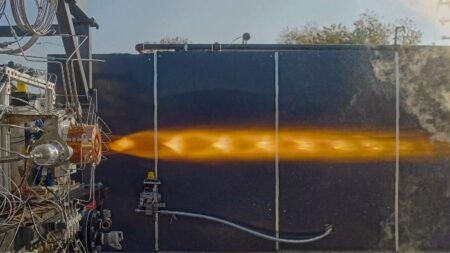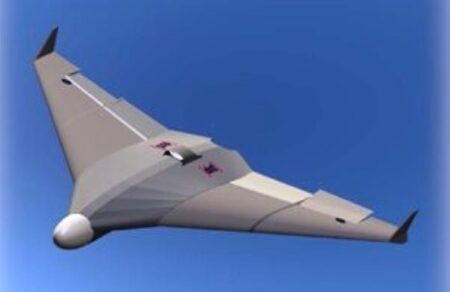Chell Instruments has launched the 2432 pressure scanner.
With a significant development in pressure scanning technology, the 2432 utilizes new and advanced digital sensor technology to provide the most accurate results possible.
“Our technology is consistently being used in demanding environments. The 2432 exceeds these demands with its unparalleled data quality and efficiency – providing our clients with a pressure scanner which delivers across the board” said Jamie Shanahan, sales director of Chell Instruments.
The new 2432 pressure scanner utilizes technology previously featured in their MicroDAQ and nanoDAQ ranges, such as an embedded web server, IEEE 1588 PTPv2 time stamping, power-over-ethernet and quick disconnect measurement couplings.
However, the 2432 pressure scanner now incorporates an electrically driven shuttle valve for purge and re-zero, therefore removing the need for high pressure supply lines associated with previous versions.
The device uses highly accurate transducers, which are combined with both a pressure and temperature 24-bits ADC, which provides precise measurement of temperature and almost entirely compensates for thermal effects.
The combination of the 2432 pressure scanner and Chell Instruments proprietary thermal compensation routine is a significant advance within the pressure scanner product range and sets a new standard for data quality in test cell environments.
“Accuracy is vital to our clients. Therefore, it’s crucial we are able to identify even the smallest of uncertainties in testing, to provide them with the ability to understand and interpret them effectively,” said Shanahan.
Chell Instruments’ data acquisition pressure sensors and quick-disconnect couplings enable test rigs to be easily dismantled and reconnected when making modifications to engines under test.
In addition to helping jet engine manufacturers increase efficiency, Chell Instruments’ products are being used in the development of electrified air travel.
The testing equipment is being employed in light aircraft which are developing electric propulsion for commercial use across Europe, America, and Asia.
“When it comes to application of our technology, it remains at the forefront of traditional jet turbine development, so it’s fantastic we can also advance our equipment and contribute to sustainable air travel,” said Shanahan.





